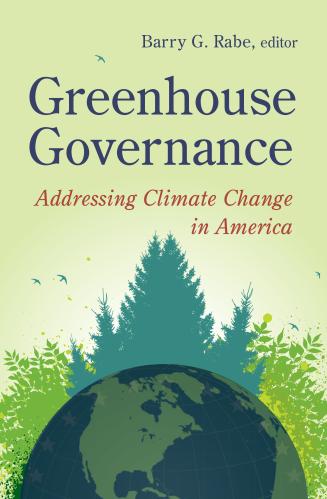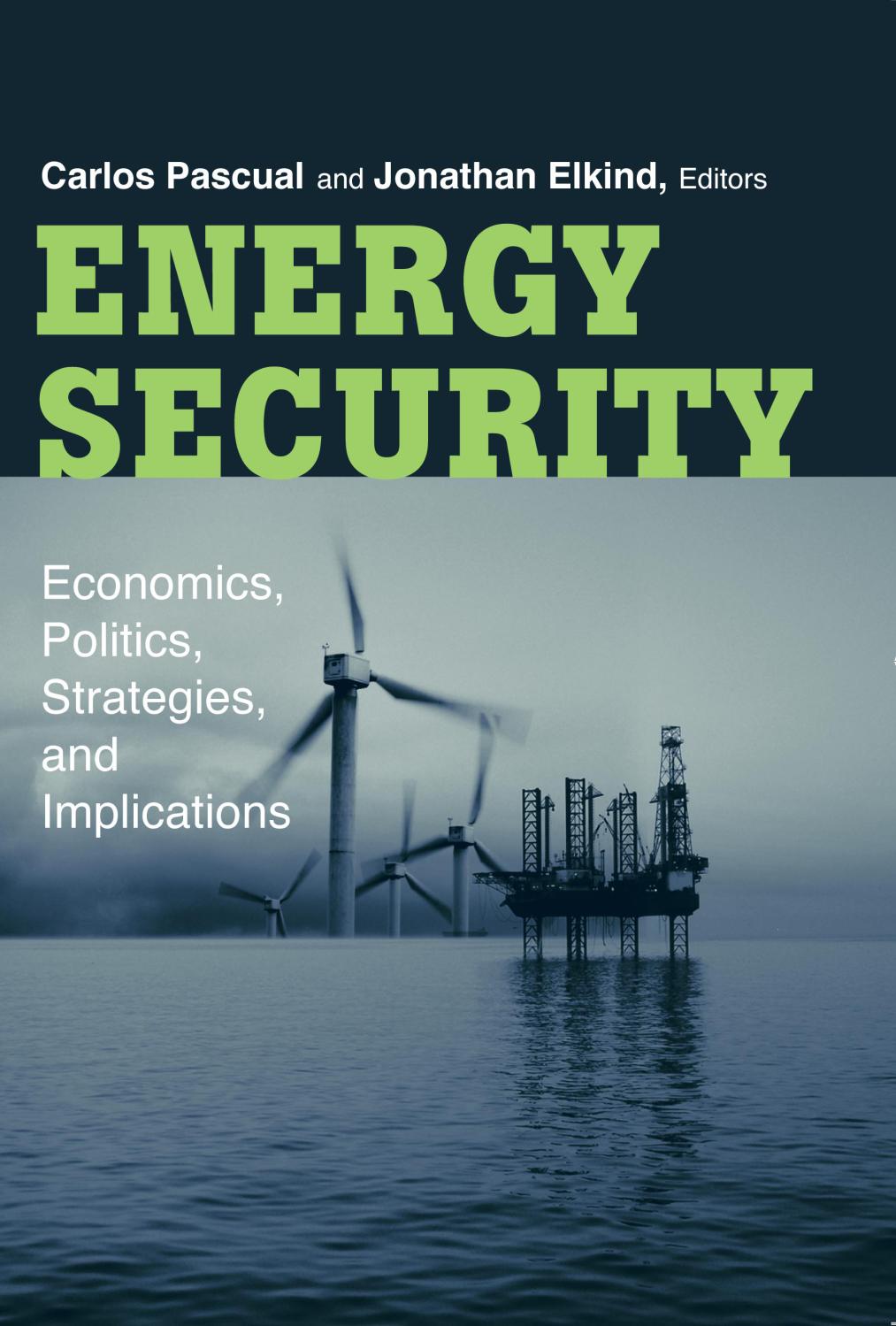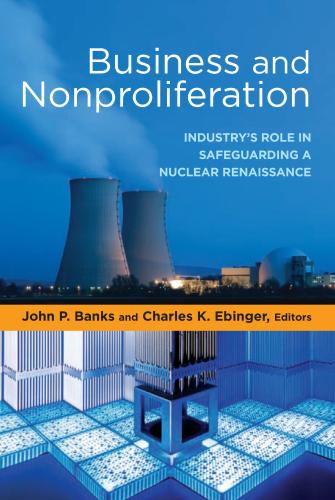


Book
Energy security has become a top priority issue for the United States and countries around the globe, but what does the term “energy security” really mean? For many it is...
Energy security has become a top priority issue for the United States and countries around the globe, but what does the term “energy security” really mean? For many it is assuring the safe supply and transport of energy as a matter of national security. For others it is developing and moving toward sustainable and low-carbon energy sources to avoid environmental catastrophe, while still others prioritize affordability and abundance of supply. The demand for energy has ramifications in every part of the globe—from growing demand in Asia, to the pursuit of reserves in Latin America and Africa, to the increased clout of energy-producing states such as Russia and Iran. Yet the fact remains that the vast majority of global energy production still comes from fossil fuels, and it will take a thorough understanding of the interrelationships of complex challenges—finite supply, environmental concerns, political and religious conflict, and economic volatility—to develop policies that will lead to true energy security. In E nergy Security, Brookings scholars present a realistic, cross-disciplinary look at the American and global quests for energy security within the context of these geopolitical, economic, and environmental challenges. For example, political analysts Pietro Nivola and Erin Carter wrap their arms around just what is means to be “energy independent” and whether that is an advisable or even feasible goal. Suzanne Maloney addresses “Energy Security in the Persian Gulf: Opportunities and Challenges,” while economist Jason Bordoff and energy analyst Bryan Mignone trace the links between climate policies and energy-access policies. Carlos Pascual and his colleagues examine delicate geopolitical issues. Assuring long-term energy security remains one of the industrialized world’s most pressing priorities, but steps in that direction have been controversial and often dangerous, and results thus far have been tenuous. In this insightful volume, Brookings assesses exactly what we’re talking about, what it means in several contexts, and where we go from here.
Related Books

Barry G. Rabe
August 16, 2010

William J. Antholis, Strobe Talbott
June 14, 2011

John P. Banks, Charles K. Ebinger
October 24, 2011
Authors
Edited by

Carlos Pascual, the U.S. ambassador to Mexico, served as vice president and director of the Foreign Policy Program at Brookings from 2006 to 2009. Before joining Brookings, he served with the U.S. Department of State and was U.S. ambassador to Ukraine, 2000–03. He also was special assistant to the president during the Clinton administration and worked with the National Security Council from 1995 to 2000.
Jonathan Elkind, who is now the principal deputy assistant secretary for policy and international energy at the U.S. Department of Energy, was a nonresident senior fellow in the Foreign Policy Program at Brookings from 2006 to 2009. An expert in energy security, the environment, Eastern Europe, and the former Soviet Union, he was on the National Security Council staff between 1998 and 2001. He also served in a variety of other government positions during the Clinton administration.